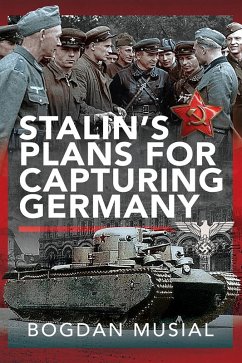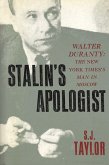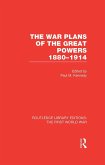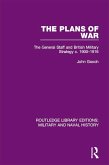While the myth of Soviet benevolence has now largely been discredited, the idea that Stalin's Soviet Union was a peaceful power that sought to prevent the war through all kinds of means - including an ill-fated non-aggression treaty with Hitler - remains popular to this day. Indeed, this narrative is not only promoted by Putin's propaganda but also by a host of Western intellectuals and even historians who take public declarations at face value.Drawing on a host of internal Soviet Politburo discussions, memoranda and speeches, this book shows that the Soviet Union was a heavily militarized state that incessantly planned to unleash a great, ideologically motivated war against the rest of the world. In fact, its entire political life revolved around the question of war, especially following the onset of the Great Depression in 1929, which convinced Soviet leaders of the imminent collapse of the capitalist system abroad. Thus, both the collectivization as well as the terror that followed in its wake were done with the coming war in mind - even though there was no tangible danger of war. Slowed down by countless devastating setbacks, Stalin was nevertheless able to amass a gigantic army by the late 1930s. When Hitler approached Stalin in 1939 asking for Soviet neutrality in his planned invasion of Poland, Stalin sensed a golden opportunity: by supporting Hitler, he could turn the European powers against each another, allowing him to intervene once they were sufficiently weakened. However, Stalin miscalculated: Hitler beat both Poland and France in less than a year and then turned against Moscow in 1941, long before Stalin was ready for his own attack.
Dieser Download kann aus rechtlichen Gründen nur mit Rechnungsadresse in A, B, BG, CY, CZ, D, DK, EW, E, FIN, F, GR, HR, H, IRL, I, LT, L, LR, M, NL, PL, P, R, S, SLO, SK ausgeliefert werden.









